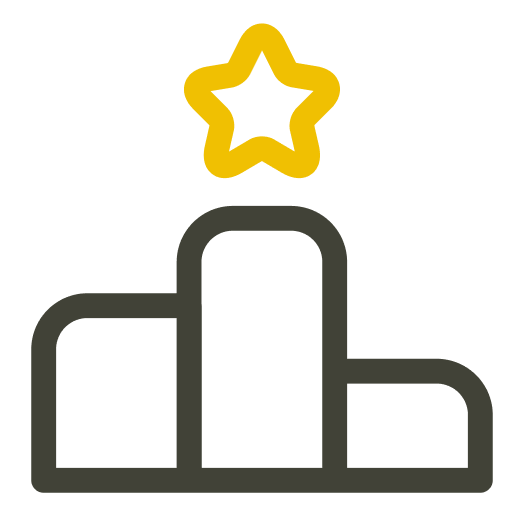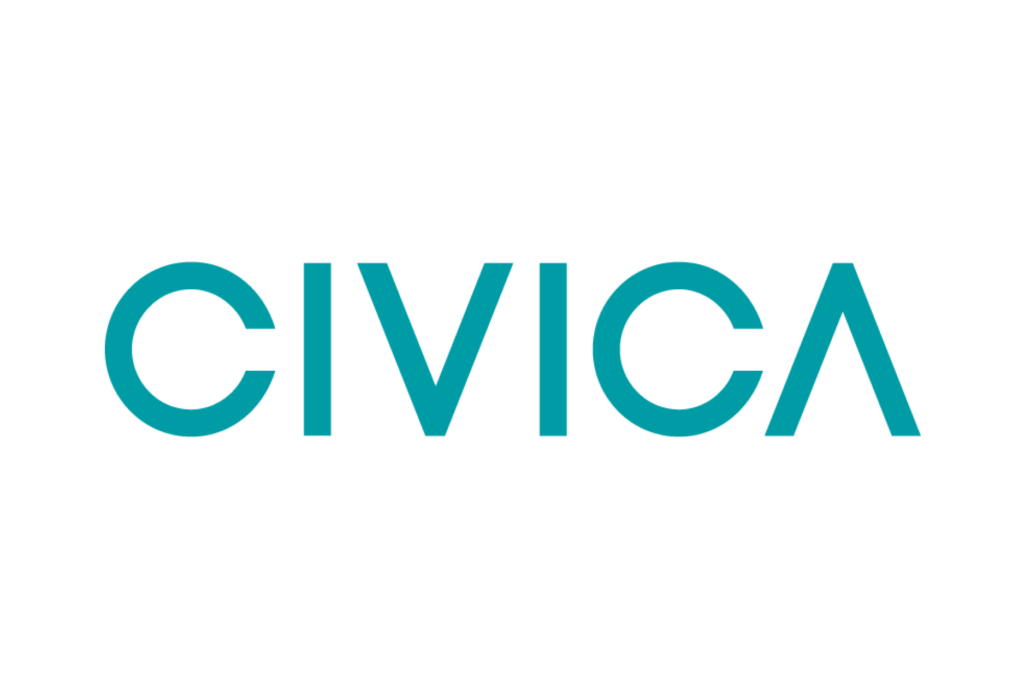Challenge & Research Goals
QRCA had been relying on the same website for years. It was the go-to place for all the members using the forum and directory, looking for learning, resources, and career opportunities.
Over time, it became clear that what once served their needs had turned into what they described as a “junk drawer.“
If you aren't really thinking about how things are organized along the way, you tend to develop what I call a junk drawer. When you put everything in a junk drawer, everything gets harder and harder to find over time, and we had fallen victim to that.
According to Lauren Isaacson, Market and UX Research Consultant, they were often getting complaints about the website’s navigation and technological aspects, which prompted the decision to conduct research and restructure it.
A lot of people were unhappy with not being able to find things on the website.
Solution
The research process began with Phase One, which focused on understanding how users naturally categorized website content through a moderated open card sort. For this, the team used UXtweak Card Sorting Tool.
We took the different elements of the website and loaded them up into UXtweak. We had some of our volunteers interview people, both members and non-members.
Moderated card sorts with both members and non-members helped to gain deeper insights into how different groups perceived and classified information.
This combination of data allowed the team to compare quantitative results with qualitative reasoning, providing context into why users organized content in specific ways.
It gave us an understanding for a rough draft of how we want to organize the information architecture. And then we tested that information architecture with the tree test.
After putting together a rough draft of a potential IA, the researchers proceeded to Phase Two, setting up a tree test to assess how well it aligns with users’ needs.
We had a series of randomized tasks, that were informed by an intercept survey we implemented on our website to find out what people were there to do.
According to Lauren, the tasks were mostly focused on the strategic and financial priorities of the organization such as learning about the conference, sponsoring the conference, buying a ticket to the conference, and becoming a member, with a total of 15 tasks.
The tasks were measured by:
- Task completion success
- First click choice
- Directness (amount of backtracking)
- Time taken
By analyzing insights from the tree tests, they were able to validate the proposed information architecture and make changes according to user feedback.
Outcome
The research revealed several areas where users struggled to find information, highlighting key trouble spots that needed attention.
We found a lot of places that were troublesome.
The team was able to declutter the website and create a more intuitive structure. As one of the researchers put it:
I think we finally got rid of the junk drawer.
By reorganizing the navigation menu and aligning it with user expectations, the team of researchers at QRCA made it easier for visitors to navigate the website and locate what they needed.
The improved organization provides a clearer and more user-friendly experience.
Why UXtweak? 🐝
Zosia Czerska, UX researcher and strategist at ZDesign highlighted that the team really appreciated the directness and clarity of UXtweak tools.
It was direct and there was nothing confusing about it. It was really easy for all of our researchers to collaborate on and be able to see everybody's information, share the link, and get as many people as possible. And it was very easy to use.
We even had some of our people who shared that the process of card sorting was really fun!
Lauren Isaacson also noted how it seamlessly met the needs of both researchers and participants.
Being able to use something that was just really simple from a research perspective and a participant perspective was so great. It was wonderful that we had a tool that worked so well for both parties.
From a data analysis perspective, we were able to dice the data in all kinds of different ways and see things from different angles. How did all members answer this? How did non-members answer this? Things like that.











